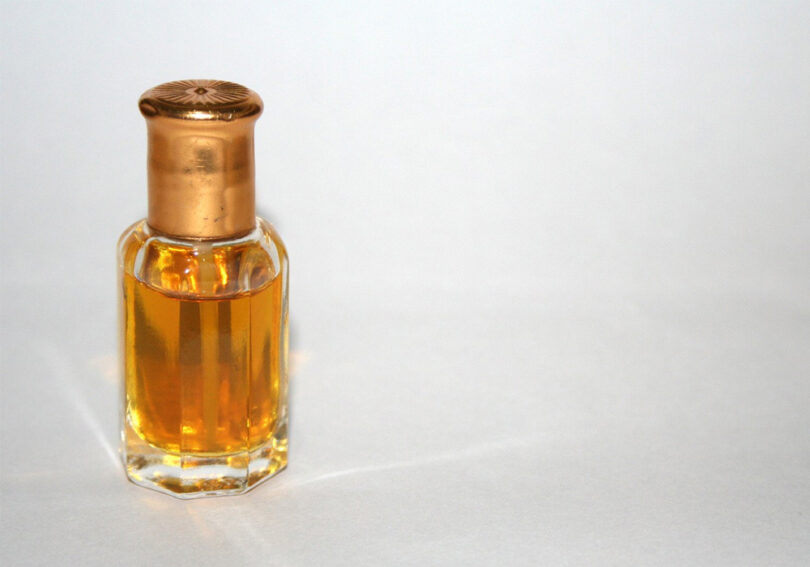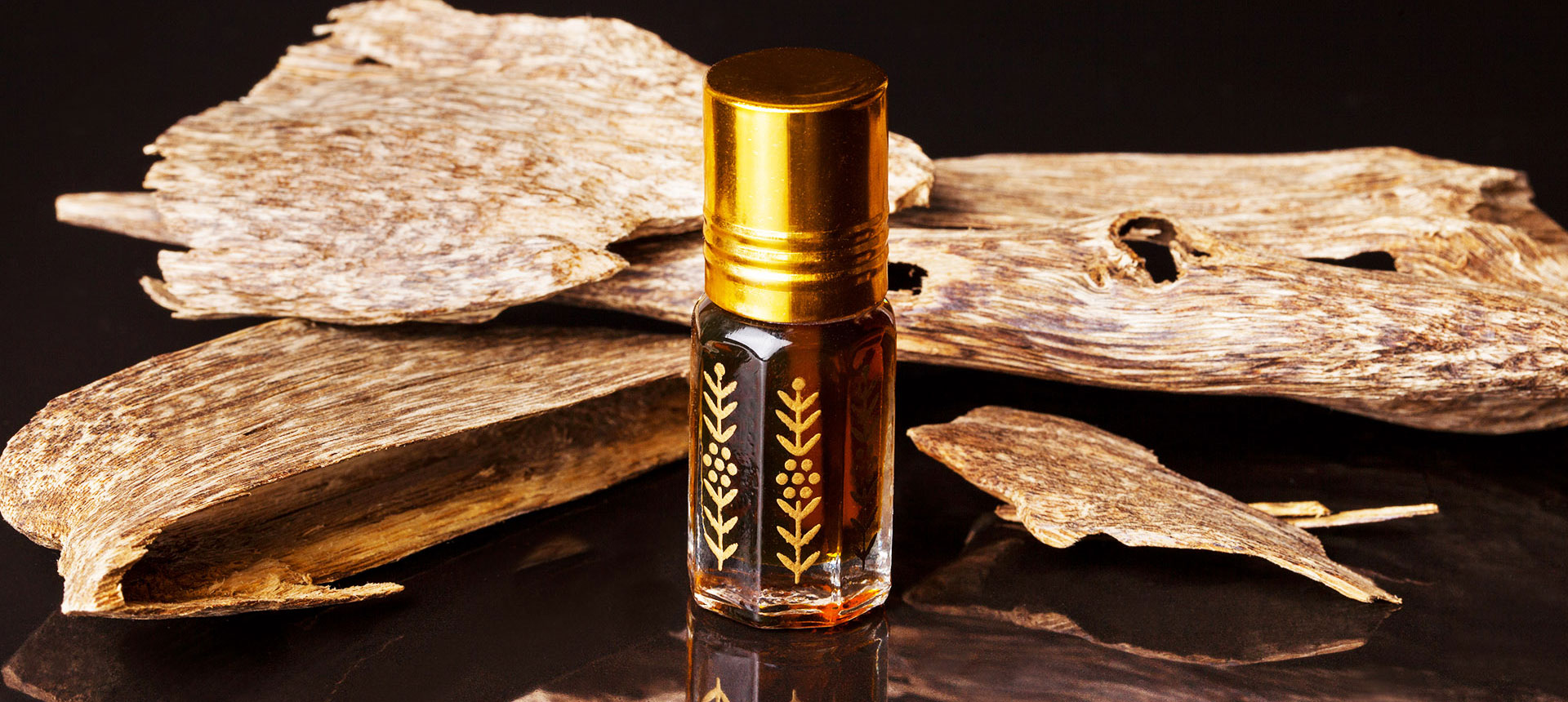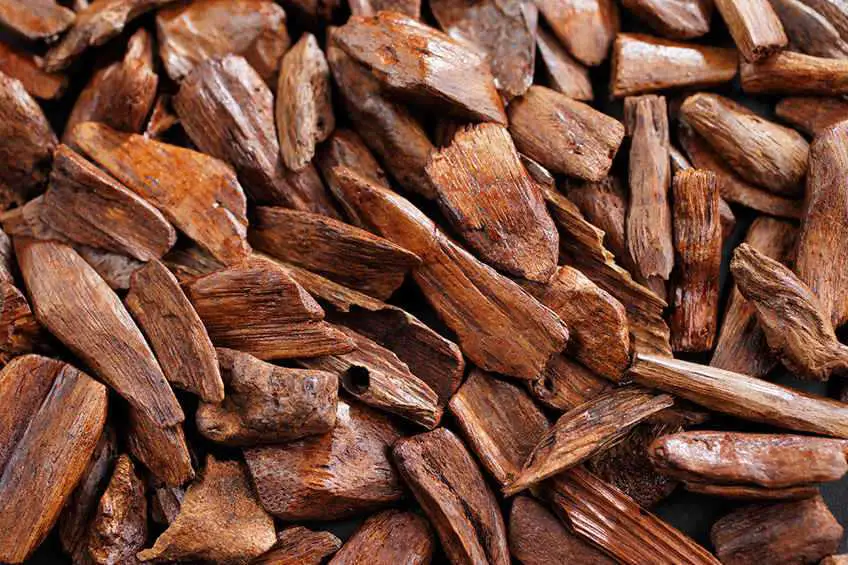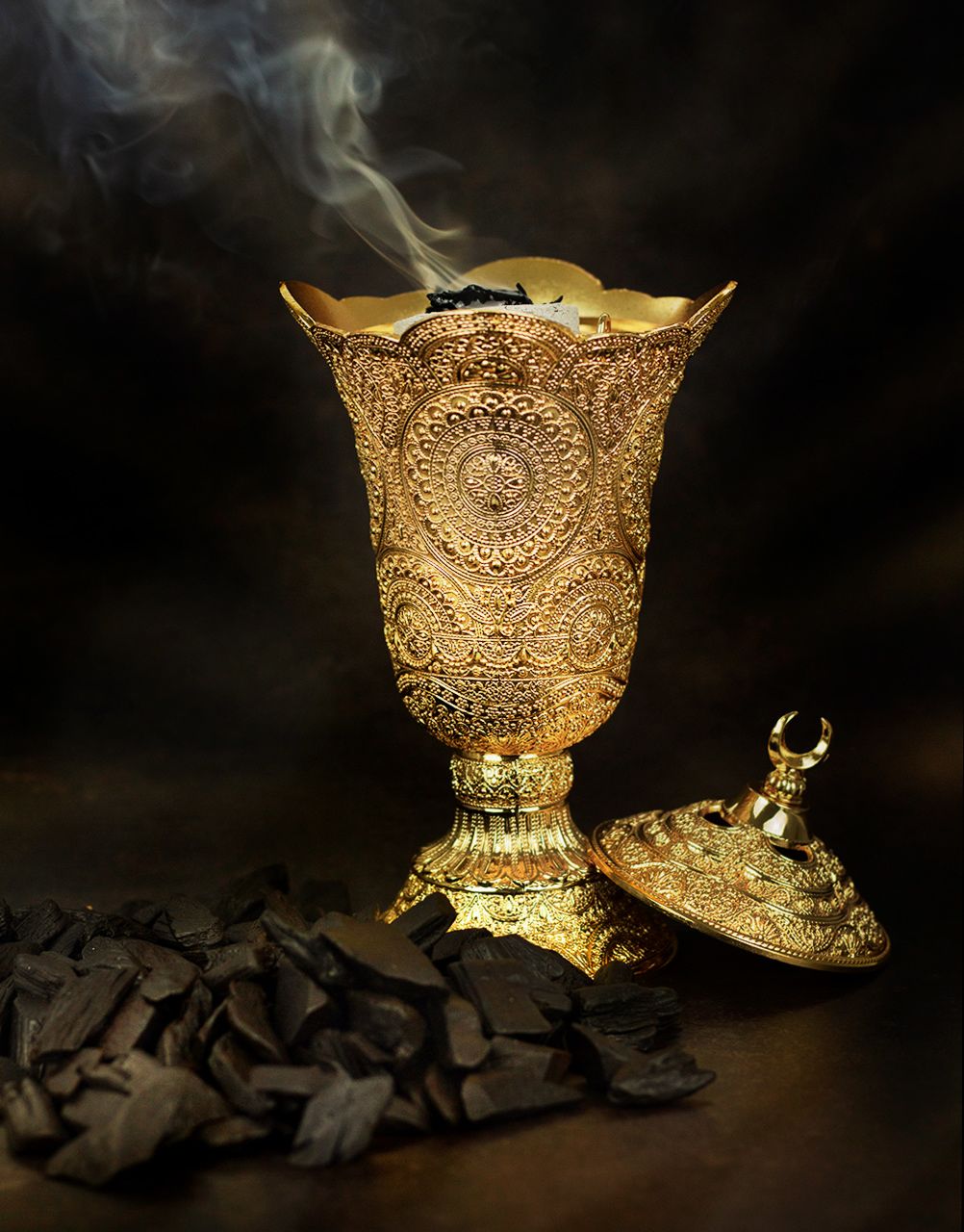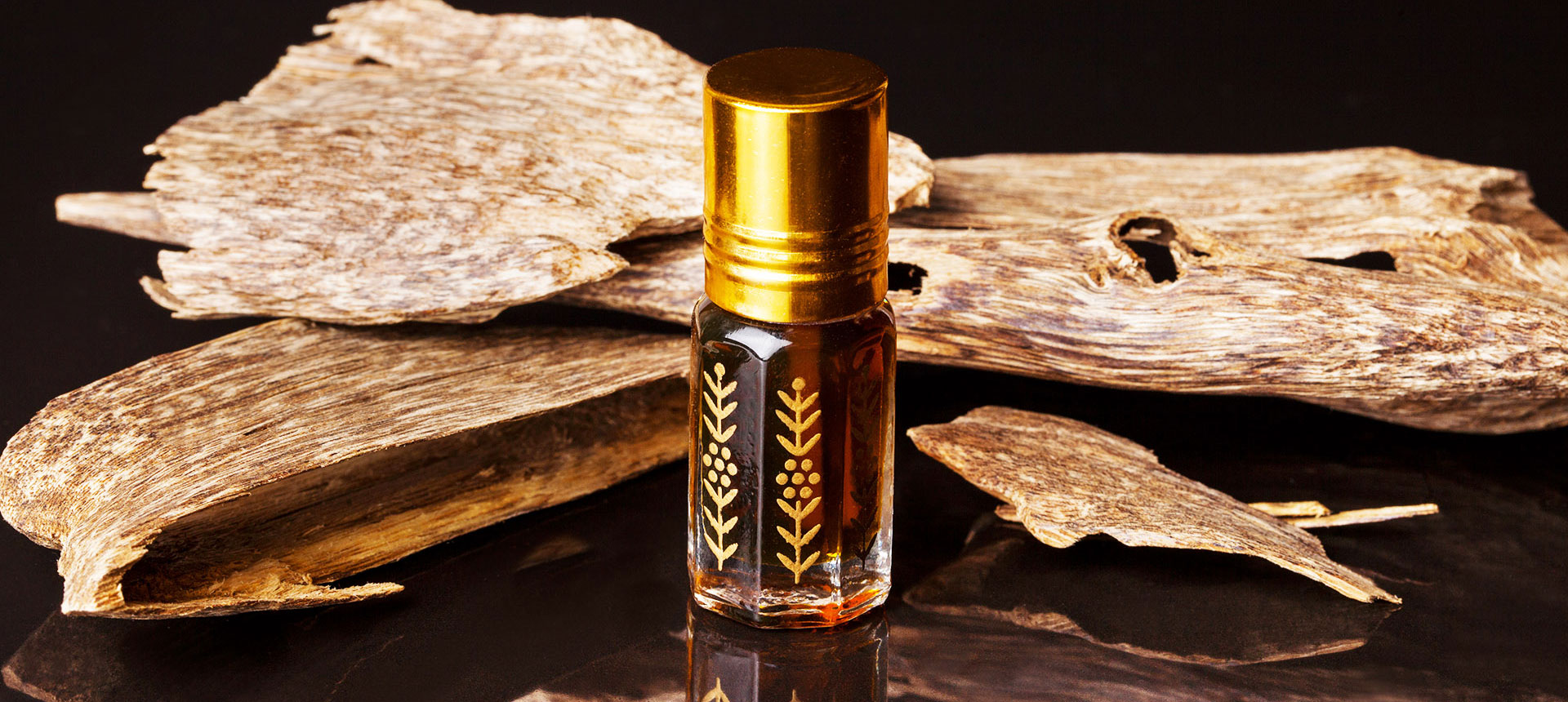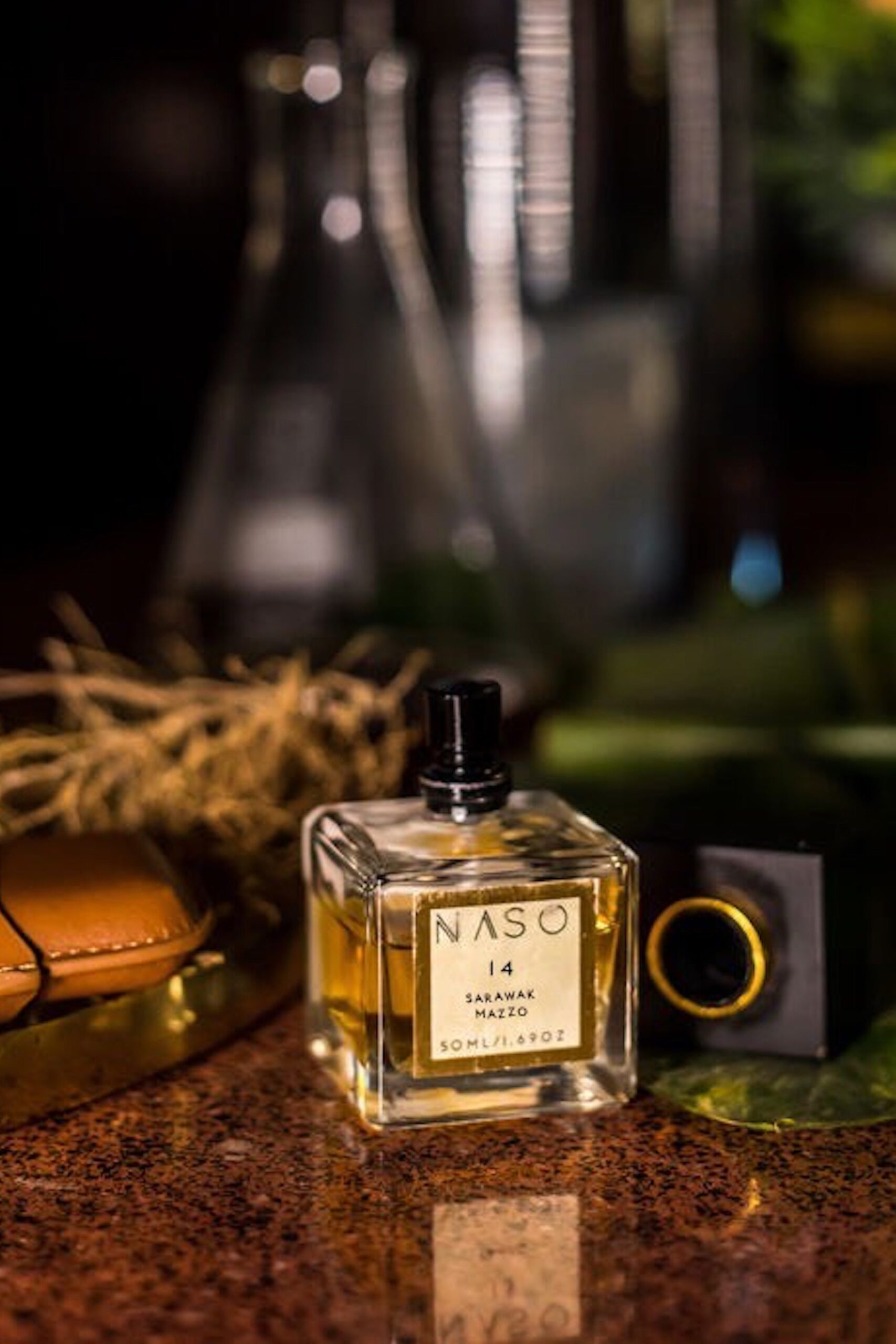Oud is a fragrant resin derived from the agarwood tree, widely used in Islamic rituals and perfumes. Oud holds great significance in Islam as it has been mentioned in the Qur’an, and it is highly regarded for its aromatic properties and spiritual symbolism.
The agarwood tree, from which Oud is sourced, is believed to have been mentioned in several hadiths and is recognized for its preciousness in Islamic culture. This aromatic resin is commonly used during prayer sessions, especially in mosques, as it is believed to have a calming effect on the mind and soul.
Oud is also used in personal care products, such as perfumes, oils, and incense sticks, allowing individuals to experience its captivating scent and evoke a sense of spirituality. With its strong association with Islamic tradition and its aromatic qualities, Oud continues to be cherished as a significant element in Islamic rituals, fostering a deep connection between individuals and their faith.
Oud: A Fragrance Rooted In Islamic Culture
Oud, a fragrance deeply ingrained in Islamic culture, holds immense value as an aromatic treasure. Its captivating scent not only delights the senses but also carries symbolic significance in spirituality. With its origins rooted in the heart of Arabia, Oud has been cherished and revered by Muslims for centuries.
Its woody aroma, rich and sensual, enhances the spiritual experience during prayers and meditation. Although Oud is often associated with luxury and opulence, it goes beyond materialism, connecting believers to their faith and enhancing their worship. This cherished fragrance is believed to purify the soul and elevate one’s spiritual journey.
With its profound cultural and religious significance, Oud has become an essential part of Islamic traditions, a fragrant expression of devotion and reverence. So, next time you catch a whiff of this enchanting scent, remember its deep-seated connection to Islamic culture and spirituality.
The Origins And History Of Oud In Islamic Traditions
Oud in Islam has ancient roots, dating back to centuries. It is believed that the Prophet Muhammad had a strong association with Oud, considering it a precious gift from God. This fragrant wood holds great significance in Islamic traditions, often being used in various rituals and ceremonies.
Oud’s unique aroma is highly valued and revered by Muslims worldwide. It is commonly used during prayers, particularly in mosques, as a way to purify the space and enhance spirituality. Additionally, Oud is frequently employed in religious gatherings and important occasions, symbolizing holiness and providing a sense of tranquility.
Its rich history and spiritual aura make Oud an integral part of Islamic culture, connecting Muslims to their religious heritage. Whether in personal rituals or community celebrations, Oud continues to play a significant role in Islamic traditions to this day.
Understanding The Meaning And Symbolism Of Oud In Islam
Oud holds significant meaning and symbolism in Islam, serving as a powerful tool for remembrance and connection with the Divine. This fragrant wood is believed to possess spiritual qualities, with its rich aroma carrying a sense of tranquility and spirituality.
Muslims often use oud during prayer and meditation, seeking blessings and protection through its scent. It creates an atmosphere conducive to mindfulness, cultivating a serene and focused state of mind. Oud’s soothing properties help individuals find solace in their worship and create a sense of connection with the divine.
By immersing oneself in the essence of oud, believers aim to strengthen their spiritual connection and enhance their devotion. This precious wood deepens the spiritual experience, inviting a sense of peace and reverence into the heart and mind of the worshipper.
The Spiritual And Therapeutic Qualities Of Oud
Oud, also known as agarwood, holds significant spiritual and therapeutic qualities in Islam. This aromatic resin possesses the unique capability to induce tranquility and calmness, creating an ideal environment for meditation and self-reflection. Its enchanting fragrance aids in focusing the mind and reaching a state of inner peace.
Furthermore, Oud is believed to possess potential healing properties, benefiting both the body and the mind. Its soothing scent has been used to alleviate stress, anxiety, and depression, promoting overall well-being. In Islamic traditions, Oud is treasured for its ability to connect individuals with their spirituality and enhance their spiritual experiences.
Embracing the therapeutic power of Oud can bring a profound sense of serenity and harmony to one’s life.
Oud In Islamic Perfumery And Attar Making
Oud holds a special place in Islamic perfumery and attar making. It is a prized ingredient renowned for its rich and captivating fragrance. Traditional perfumery in Islamic culture highly values Oud and incorporates it into a diverse range of perfumes.
The art of distilling Oud to create attar is a skillful process that requires expertise and precision. These captivating scents not only appeal to the senses but also hold cultural significance. Oud-based perfumes have a deep-rooted connection to Islamic traditions and are often used for special occasions and celebrations.
The aromatic allure of Oud has made it a cherished element in the world of perfumery, particularly within the Islamic community. Its unique essence provides a delightful olfactory experience for those who appreciate fine fragrances.
Oud As A Symbol Of Distinction And Royalty In Islamic History
Oud, also known as agarwood, holds a significant place in Islamic history. It serves as a symbol of distinction and royalty, associated with opulence and luxury. Dating back centuries, this fragrant wood has been cherished by rulers and elite circles, reflecting their social status.
Its captivating aroma and rarity made it a prized possession, elevating the stature of those who possessed it. Oud’s appeal among nobility goes beyond its scent; it represents power, wealth, and sophistication. Even today, its allure remains, captivating fragrance enthusiasts and those looking to enhance their social standing.
In the Islamic world, oud is more than just a fragrance—it is an emblem of prestige and a bridge connecting the past to the present.
The Global Impact And Trade Of Oud
Oud, also known as agarwood, holds immense significance in Islamic culture and beyond. Its global impact and trade have skyrocketed in recent years. This fragrant resin has gained popularity not only in Islamic countries but also in various parts of the world.
The economic value of oud cannot be underestimated, as it has become a highly sought-after commodity in the perfume and fragrance industry. However, the challenges surrounding its production and sustainability pose a significant concern. Ensuring the responsible and ethical sourcing of oud is crucial to protecting natural resources and preserving the art of oud craftsmanship.
Striking a balance between meeting the demand for oud and safeguarding the environment is a delicate task. Nonetheless, the allure and widespread admiration for oud continue to captivate people from diverse cultures and backgrounds.
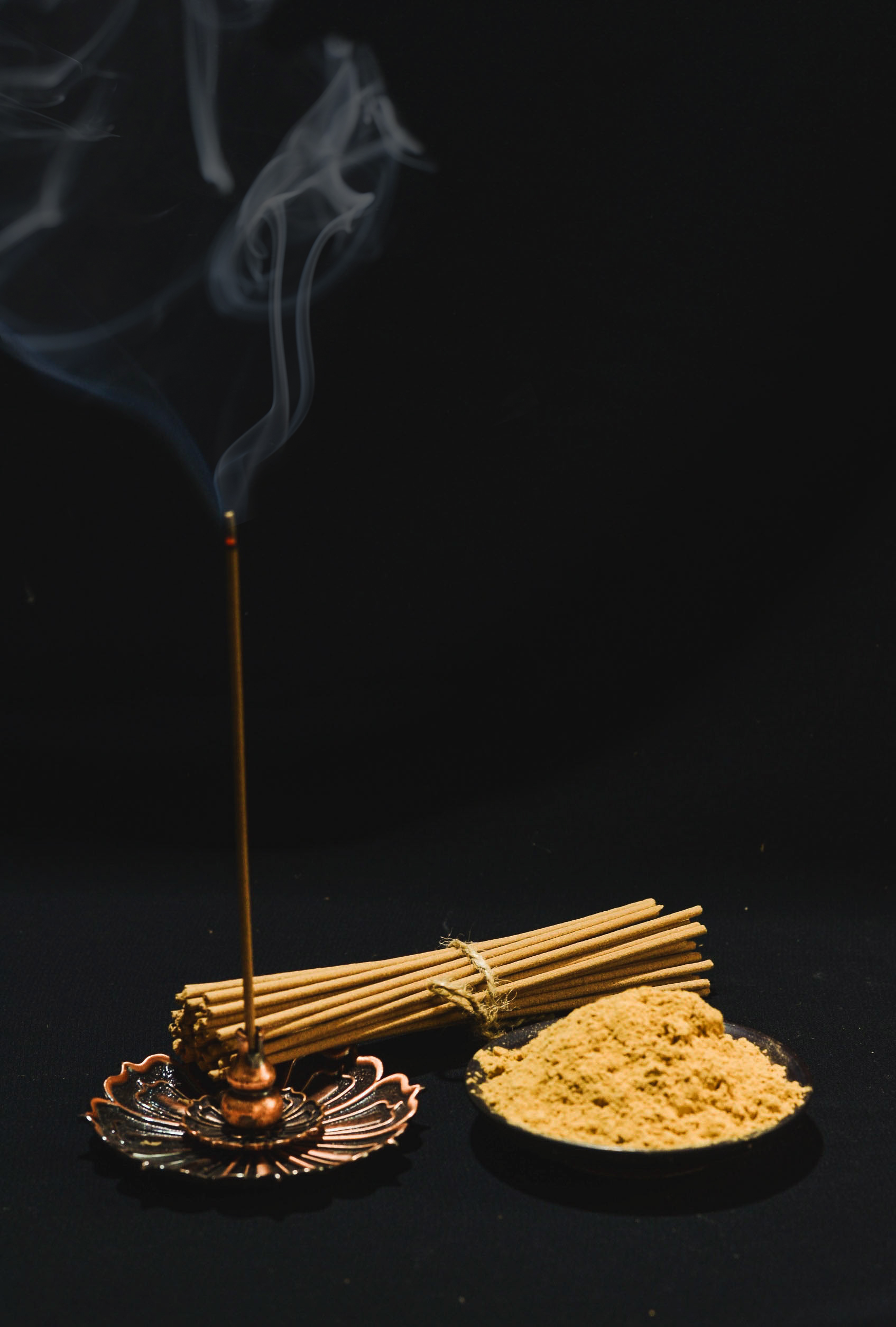
Credit: hgagarwood.com
Appreciating And Embracing Oud In Contemporary Society
Appreciating and embracing Oud in contemporary society is essential for understanding its significance in Islam. Oud serves as a bridge between tradition and innovation, offering a unique perspective on modern Islamic practices. Its allure lies in the ability to incorporate its essence into daily life, promoting a deeper connection to spirituality and cultural heritage.
By exploring the multifaceted nature of Oud, individuals are able to cultivate a sense of enrichment and enlightenment within themselves. The aromatic and captivating scent of Oud can be experienced through various methods, such as wearing it as a fragrance, using it in meditation practices, or even incorporating it into home decor.
Embracing Oud in contemporary society allows us to rediscover the richness of Islamic traditions while remaining open to the modern world. Ultimately, Oud serves as a powerful symbol of unity and harmony, encouraging individuals to embrace their faith and cultural heritage in a contemporary context.
Frequently Asked Questions Of What Is Oud In Islam
Why Do Arabs Wear Oud?
Arabs wear out because it is a traditional fragrance with cultural significance and aromatic appeal.
What Does The Oud Symbolize?
The oud symbolizes tradition, sophistication, and an ancient musical heritage rooted in Middle Eastern cultures.
What Are The Benefits Of Oud Perfume In Islam?
Oud perfume in Islam has benefits like pleasing Allah, and promoting modesty and cleanliness.
What Is An Oud Made Of?
An oud is made of wood and features a soundboard with strings stretched over it.
Conclusion
Oud holds significant importance in Islam as a fragrance that has been used for centuries in religious and cultural practices. Its soothing scent has been known to elevate spirituality and create a sense of connection with the divine. With its rich history and cultural significance, Oud serves as a reminder of the beauty and depth of Islamic traditions.
Whether it is used as a personal fragrance or in religious ceremonies, the exotic aroma of Oud has the power to transport individuals to a state of tranquility and reflection. Its rarity and distinctive qualities make it a highly sought-after and cherished fragrance by Muslims around the world.
As we continue to explore the diverse elements of Islamic culture, Oud stands as a testament to the enduring traditions and timeless principles embedded within the faith. Let the captivating essence of Oud inspire and uplift your spirit as you embark on your own spiritual journey in Islam.

